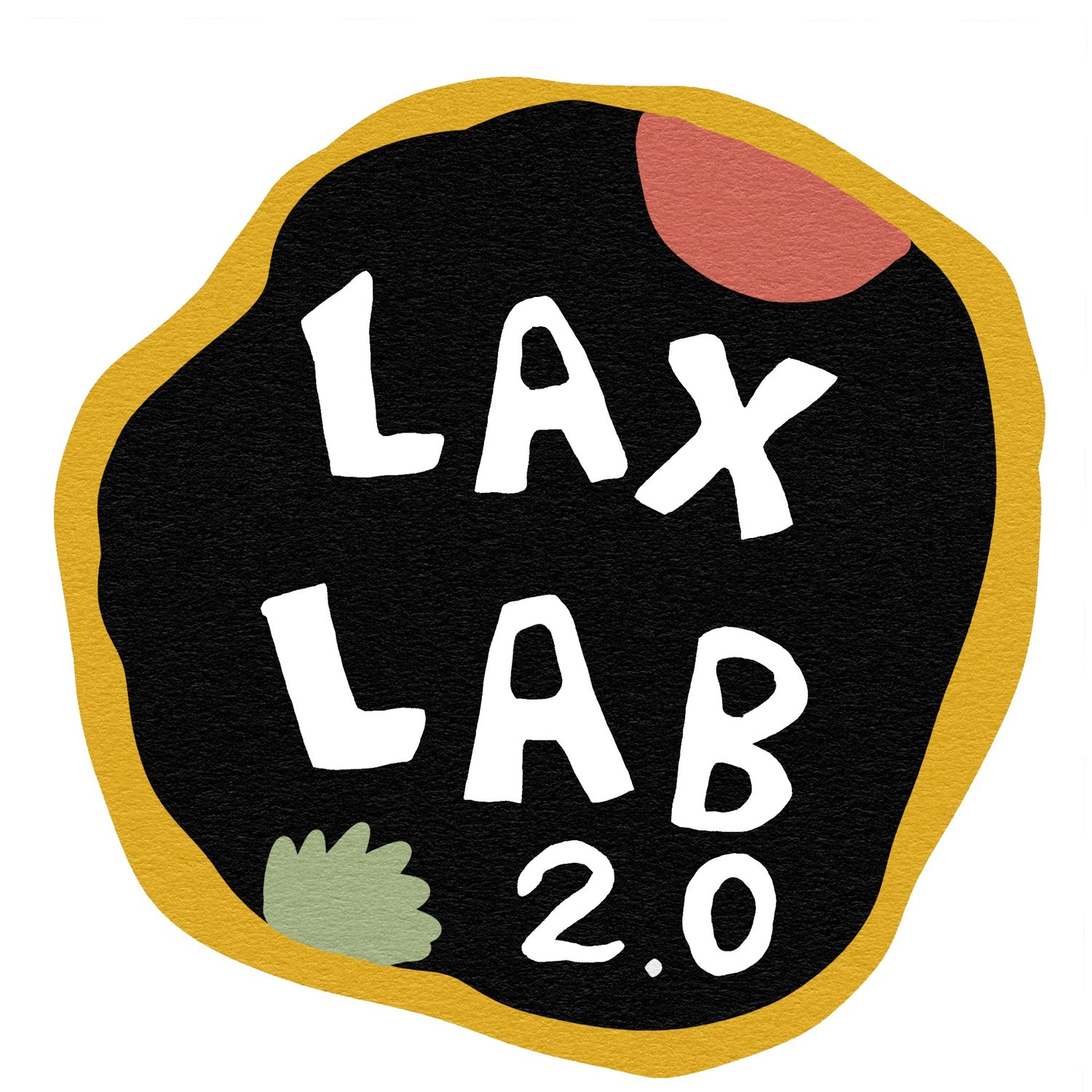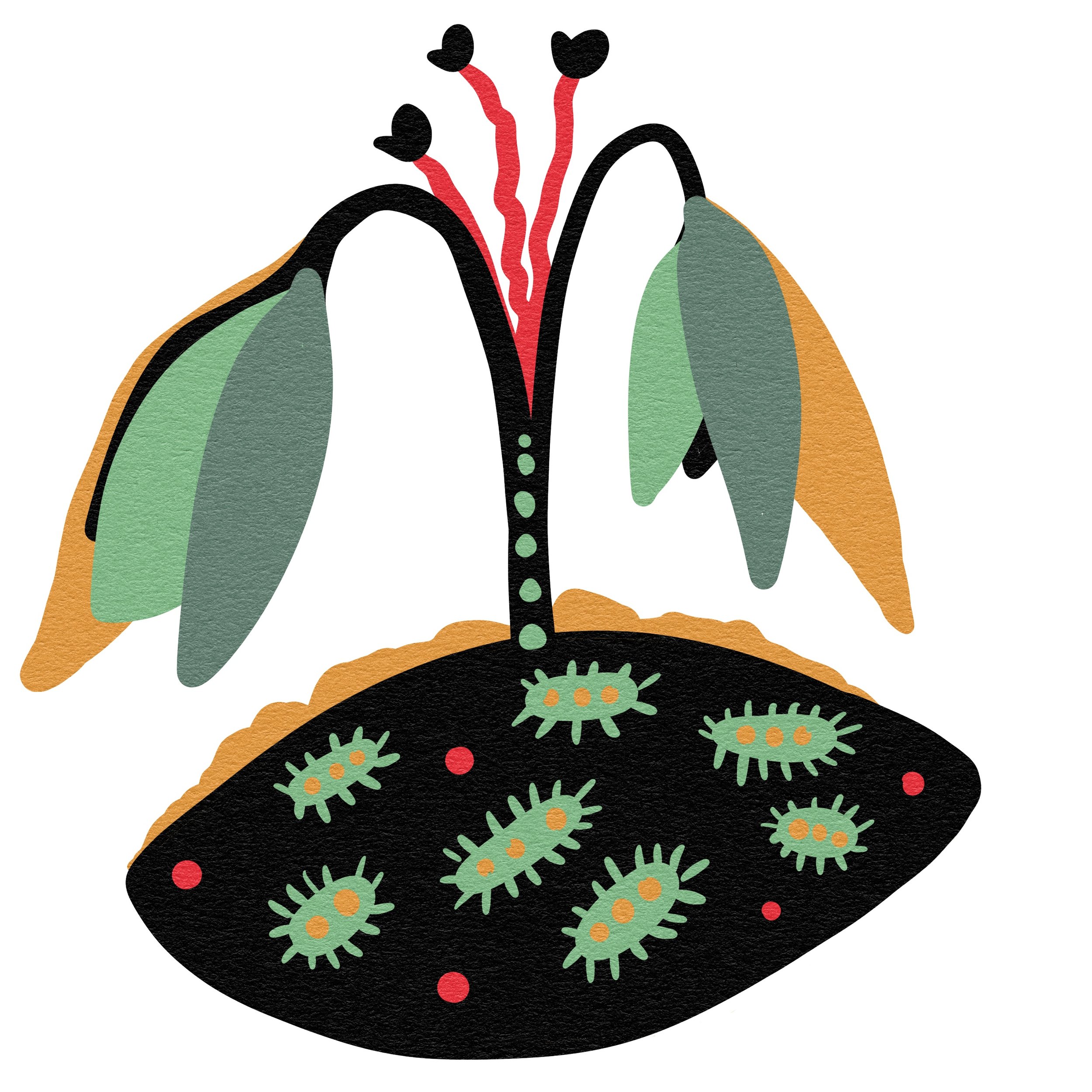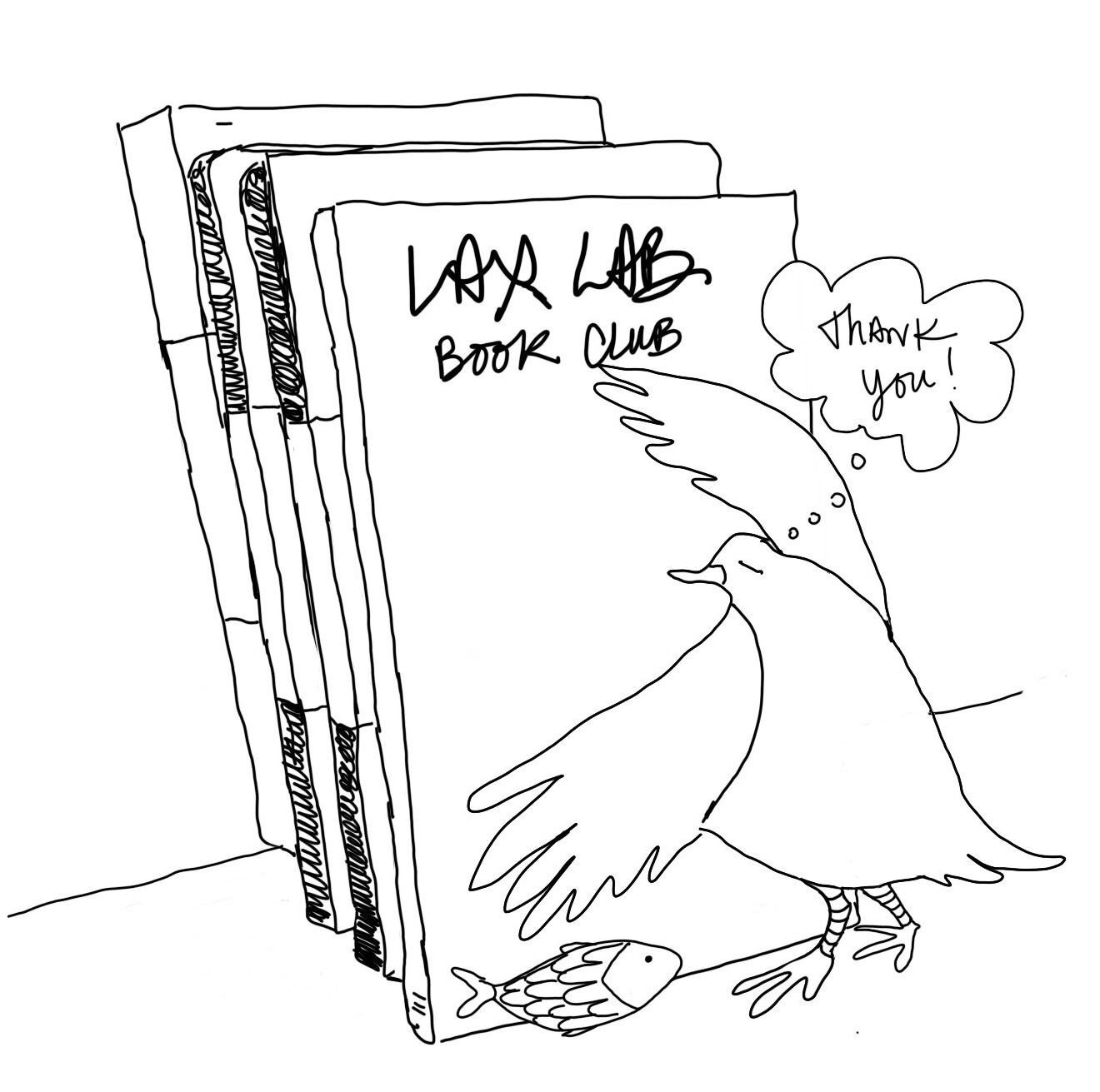LAX LAB 2.0 | school of climate fiction
LAX LAB 2.0 is a book club, community, and educational resource dedicated to the stories and worlds of climate fiction.
WELCOME!
LAX LAB 2.0 is a newly launched project by the Institute for Art & Environment, led by Emma Arnold. LAX LAB 2.0 is an innovative school of climate fiction: a community, book club, and educational resource dedicated to the stories and worlds of climate fiction.
The community and book club are hosted at Substack, where you can find information about the works of climate fiction we are reading, participate in community discussions, and find inspiration.
LAX LAB 2.0 is an experimental, living, collective space exploring the art and power of the written word through the lens of climate change. LAX LAB 2.0 builds on the success of the original LAX LAB Climate Fiction Book Club, active between 2020 and 2023 . The project strives to build community and hope through open and inclusive dialogues on climate change through literature.
Please sign up to support the project, join the community, and be kept up-to-date on current books and upcoming events. Check Substack or the book club page to see what we are currently reading!
WHAT IS CLIMATE FICTION?
Climate fiction is a growing, global genre of literature that folds climate change into its pages, linked to science fiction and eco-fiction. Climate fiction is often speculative, imagining possible futures affected by climate change. It is connected to different forms of future fictions, including Afrofuturism, Indigenous futurism, and Queer futurism. While many of these speculations are dystopian, emerging genres like hopepunk and solarpunk increasingly imagine more hopeful, Utopian futures. As you can see from browsing the book club and the library, there are diverse examples of climate fiction from novels to poetry — certainly something for everyone’s tastes!
WHY A SCHOOL OF CLIMATE FICTION?
The LAX LAB 2.0 school of climate fiction recognises the potential for climate fiction to make connections and build community. As a project, LAX LAB 2.0 harnesses the power of literature as a conduit to collectively reflect on the climate crisis. When read and discussed collectively, climate fiction can inspire deep conversations on the climate crisis and make space for challenging emotions like eco-anxiety and grief. Bringing people together through a book club is an example of how LAX LAB 2.0 works to build community. The pages on Substack are a meeting point and provide space for people to connect and engage in conversation online. With time, there will also be seminars and various events planned. The LAX LAB 2.0 website includes detailed profiles on the books read in the book club and has a separate library for diverse resources on climate fiction, from popular media articles to novels. To read more about the project’s aspirations, please refer to the mission statement.
NEWS & UPCOMING EVENTS
THE ORIGINAL LAX LAB
LAX LAB 2.0 is the re-incarnation of LAX LAB, which was a creative laboratory led by Emma Arnold, active between 2018 and 2023, and formerly hosted at the University of Oslo as part of the project AdaptationCONNECTS led by Professor Karen O’Brien. LAX LAB was an exploratory space for various academic and artistic experimentations, such as a photographic study of climate activism and artistic-activist practices including a performance travelling from Oslo to London by train.
One of the most successful activities of the original LAX LAB was a climate fiction book club, which was launched during the pandemic as a way to stay connected through the isolation of lockdown and to spark conversations on the climate crisis through literature.
The diverse participants spanned three continents and included academics across a range of disciplines as well as architects, activists, artists, environmental scientists, students, teachers, translators, and more.
In small groups, we explored classic and contemporary works of fiction, with emphasis on climate fiction, science fiction, and speculative fiction. We took these works as departures to discuss the climate crisis, visions of the future, and the ongoing pandemic.
Together we read and discussed 12 novels from all over the world by a range of authors, from the Parable of the Sower by Octavia E. Butler to Moon of the Crusted Snow by Waubgeshig Rice. The book club was an experiment in how we might think through prescient issues with art.
The book club was featured in an article on climate fiction by Anna Colivicchi for euronews.



![[2] Join a discussion on Open Throat by Henry Hoke on 21 November, 22 November, or 23 November 2024](https://images.squarespace-cdn.com/content/v1/65ff05e7fac2f64d0da04298/1732048691661-JUTHCWKL1DP17KO60CLJ/laxlab2-book2-instagram.jpg)
![[2] Introducing our second book: Open Throat by Henry Hoke](https://images.squarespace-cdn.com/content/v1/65ff05e7fac2f64d0da04298/1730371116565-TSWG7VK497M30BY3YUID/laxlab2-book2-thumbnail.jpg)




![[1] Join a discussion on The Future by Catherine Leroux on 30 July 2024](https://images.squarespace-cdn.com/content/v1/65ff05e7fac2f64d0da04298/1718893456347-CG0XSSH8L1RVHCG79RJN/laxlab2-book-1-cover.jpg)
![[1] Introducing our first book: The Future by Catherine Leroux](https://images.squarespace-cdn.com/content/v1/65ff05e7fac2f64d0da04298/1718630545285-XY2D7HXC6MB3FJAH75M7/laxlab2-book-1-cover.jpg)


